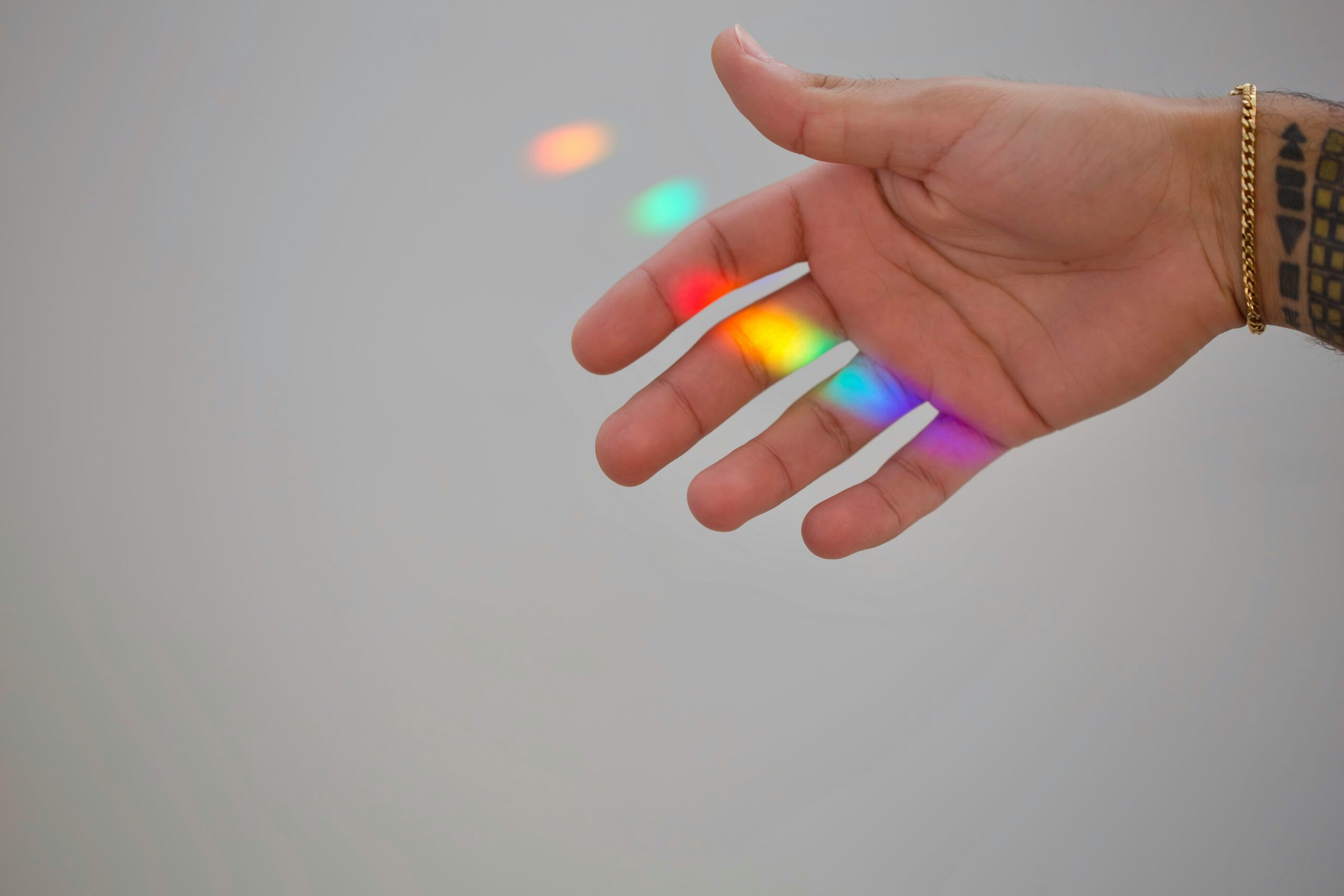In recent times, there has been a notable surge in anti-gay laws in Africa. In November 2023, the HIV Policy Lab published a study highlighting anti-gay laws as one of the major barriers in the fight against HIV/AIDS. The Joint United Nations Program on HIV/AIDS (UNAIDS) reported that lesbian, gay, bisexual, transgender, queer, and intersex individuals (LGBTQI+) are at a higher risk of acquiring HIV/AIDS. Anti-gay laws limit LGBTQI+ individuals from accessing HIV/AIDS prevention and treatment measures. This limitation to healthcare is considered an abuse of the basic human rights to health, as highlighted by the African Commission on Human and Peoples’ Rights. To reduce the spread of HIV/AIDS in Africa, the African states should provide accessible HIV/AIDS healthcare to LGBTQI+ individuals. The government should also provide legal protections and policies safeguarding LGBTQI+ people and community healthcare workers and repeal the anti-gay laws.
LGBTQI+ individuals are unable to access HIV/AIDS healthcare due to discrimination and stigmatization in health institutions. The fear of discrimination and exposure of their identity prevents individuals living with HIV/AIDS from accessing clinics or seeking help from healthcare workers. Just as South Africa is known to protect LGBTQI+ individuals from unfair treatment based on its constitution, other African governments must protect LGBTQI+ individuals from discrimination and safeguard their identity by implementing anti-discriminatory laws. African states should collaborate with national and international health bodies, including human rights organizations focusing on sexual rights, like the UNAIDS and the World Health Organization. These health bodies can work together to promote accessible HIV/AIDS healthcare services for LGBTQI+ individuals through the sensitization of healthcare professionals on the need to provide services to minoritized individuals without bias.
To read more, check the full article on Star Kenya.
Photo by Ruan Richard Rodrigues via Unsplash.

